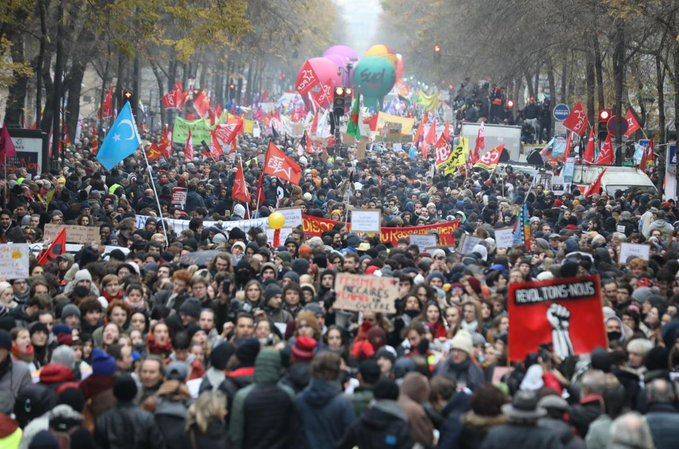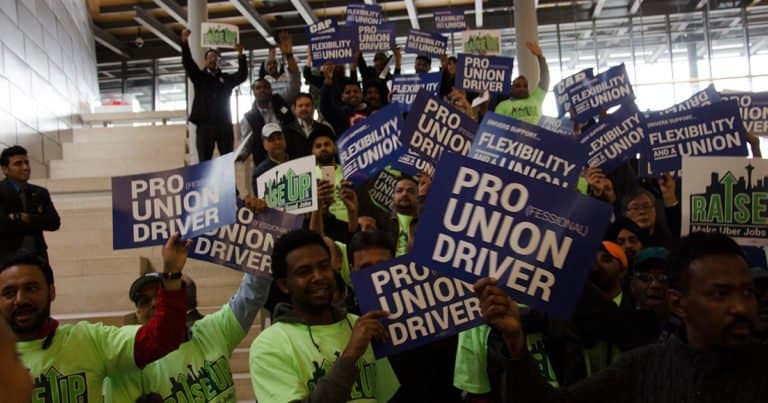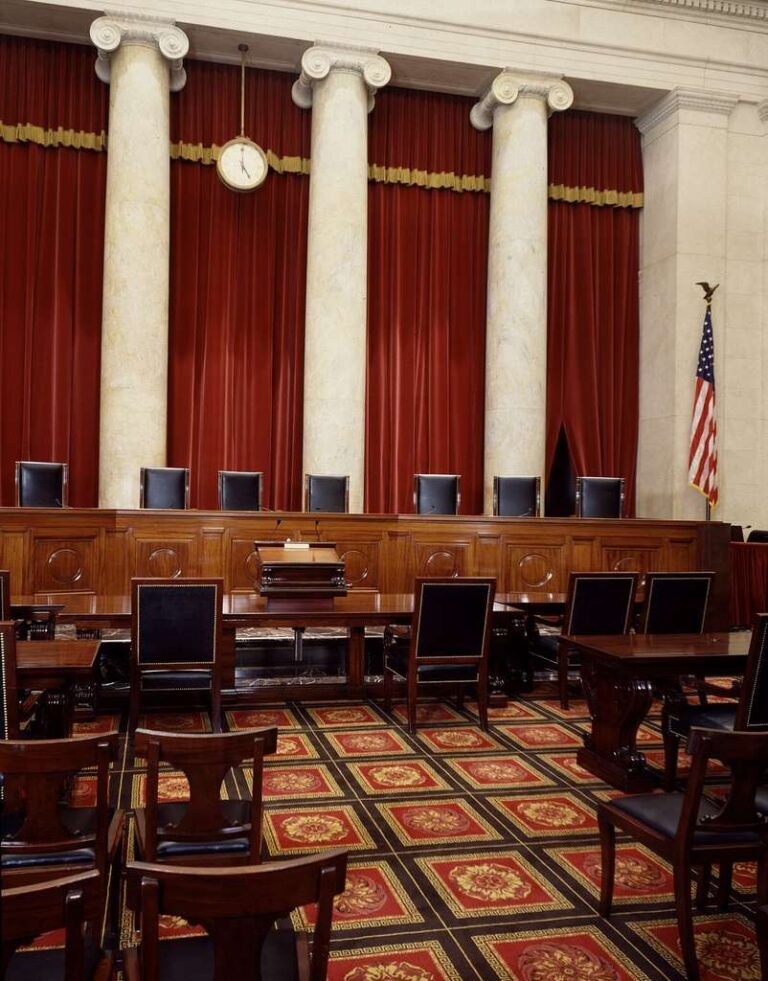Mackenzie Bouverat is a student at Harvard Law School.
What’s in labor news today? A cursory Google search gives the impression that organized labor is today plagued by fractious infighting. Indeed, there is no shortage of articles highlighting the apparent ideological divisions among labor unions in the face of a Democratic primary in which health care reform has been the subject of fierce debate. Undeniably, the sectoral interests of organized labor diverge on important issues (like health care reform). But the story of labor today is really about the convergence of the labor movement’s variegated interests in the face of a common threat: the Trump administration’s ever more concerted efforts to dismantle the right of workers to organize.
An article published by The New York Times today shows starkly the growing precarity of NLRA protections under Trump’s NLRB. The article recounts the trials and tribulations of Sean Caldwell, a former McDonald’s employee, who was fired–under the pretext that he had once been late for work–after appearing on national television at a Fight for $15 protest. In collaboration with the Service Employees International Union, Caldwell and fifty-nine other McDonald’s employees brought a case against the corporation for its active role in assisting its franchisees in suppressing unionization efforts. McDonald’s proposed settlement—no admission of wrong-doing and $170,000 in back pay to be divided among the sixty employees represented in the initial trial against the corporation—was rejected by the trial court judge, Lauren Esposito, on the grounds that it was unreasonable given McDonald’s “formulat[ion] and implement[ion]” of the franchisees’ retaliatory response against the Fight for $15. But by a 2-1 vote, the NLRB ordered Esposito to approve the settlement.
The NLRB is also poised to determine the fate of 150 Texan copper workers who, for the past four months, have been striking in protest of Asarco LLC’s plan to freeze pensions and double health insurance costs (in exchange for a small raise for a minority of “qualified” workers). The workers haven’t had a raise in over a decade. Strikers expect no progress on ongoing contract negotiations until the NLRB issues a ruling on the union’s complaints alleging unfair labor practices. If the NLRB rules that the strike is economically motivated—rather than motivated by unfair labor practices—the company may legally hire permanent replacement workers. Rick Levy, president of the Texas American Federation of Labor and Congress of Industrial Organizations (AFL-CIO), cautions the strikers about the likelihood of a disagreeable ruling.
Finally, the Federal Labor Relations Authority—which is responsible for the oversight of labor-management relations across the federal government—is proceeding with a proposal to make it easier for federal employees to opt out of union dues collection. Purportedly pursuant to Janus v. American Federation of State, which found that the collection by state and government unions of “agency fees” from non-union members violated the First Amendment, the FLRA will now allow employees to cancel their union dues at any time. As it now stands, employees may only elect to do so during a 15-day period each year.






Daily News & Commentary
Start your day with our roundup of the latest labor developments. See all
October 17
Third Circuit denies DOL's en banc rehearing request; Washington AG proposes legislation to protect immigrant workers; UAW files suit challenging government surveillance of non-citizen speech
October 16
NLRB seeks injunction of California’s law; Judge grants temporary restraining order stopping shutdown-related RIFs; and Governor Newsom vetoes an ILWU supported bill.
October 15
An interview with former NLRB chairman; Supreme Court denies cert in Southern California hotel case
October 14
Census Bureau layoffs, Amazon holiday hiring, and the final settlement in a meat producer wage-fixing lawsuit.
October 13
Texas hotel workers ratify a contract; Pope Leo visits labor leaders; Kaiser lays off over two hundred workers.
October 12
The Trump Administration fires thousands of federal workers; AFGE files a supplemental motion to pause the Administration’s mass firings; Democratic legislators harden their resolve during the government shutdown.